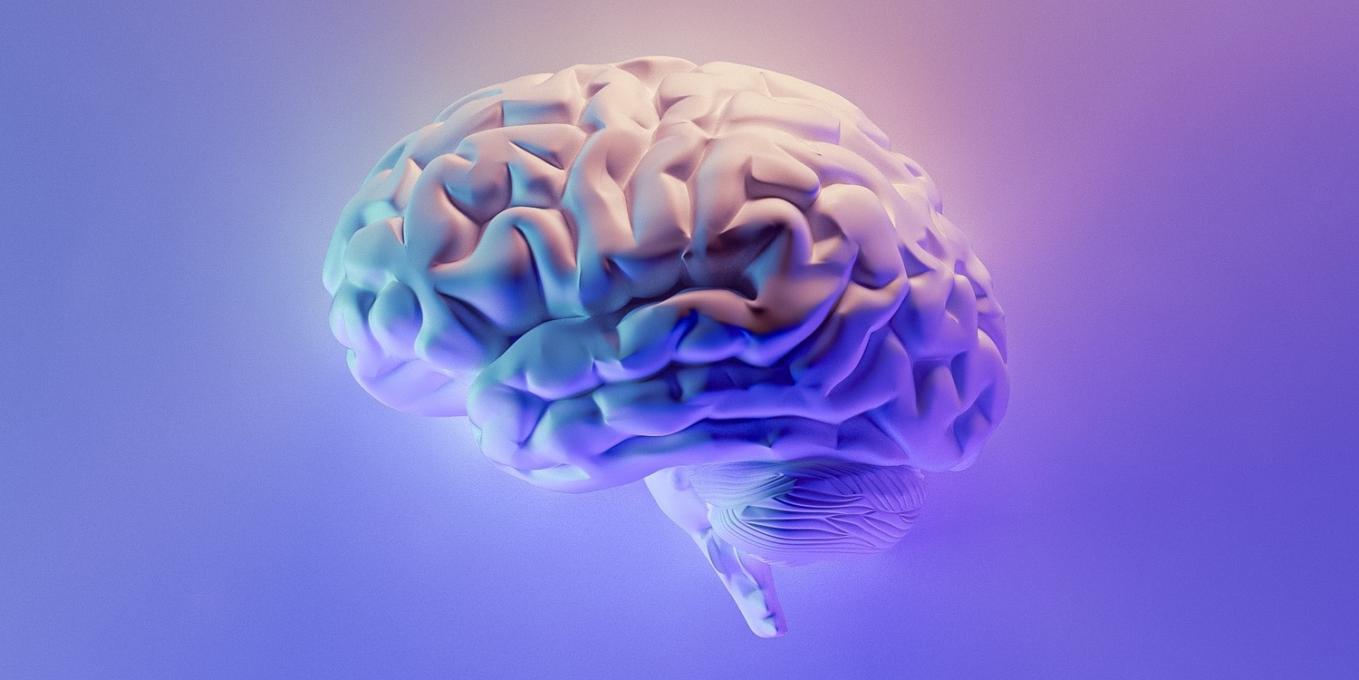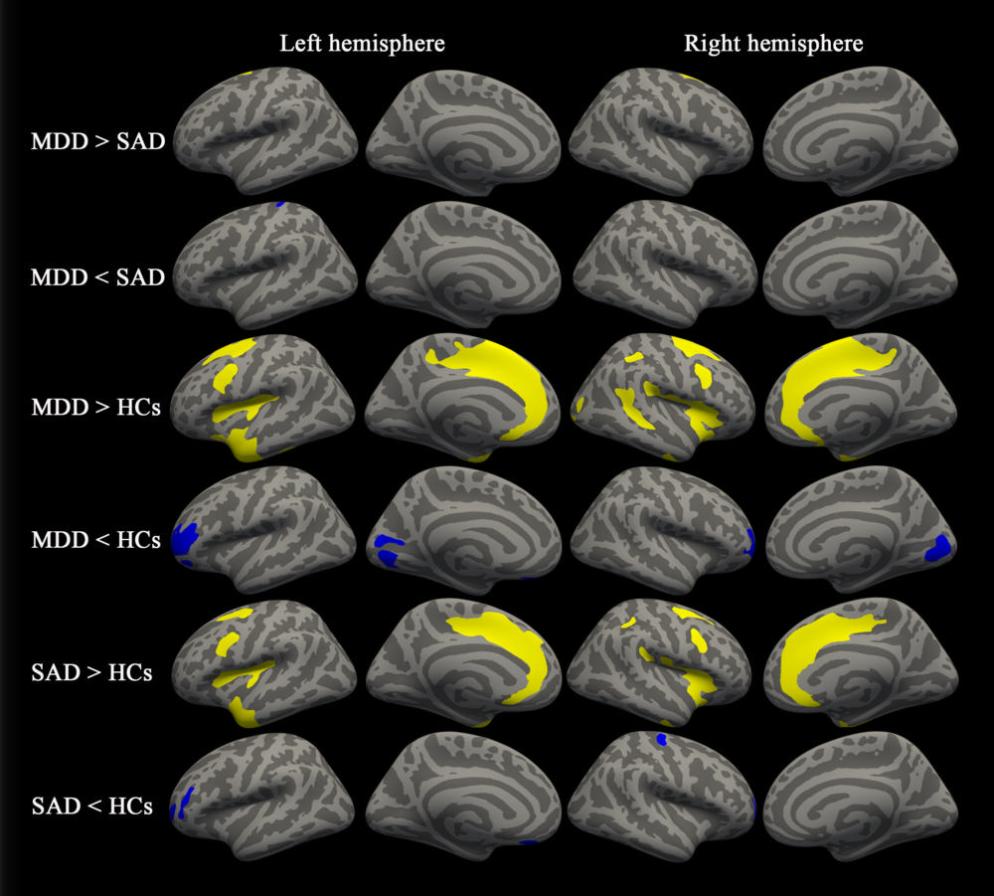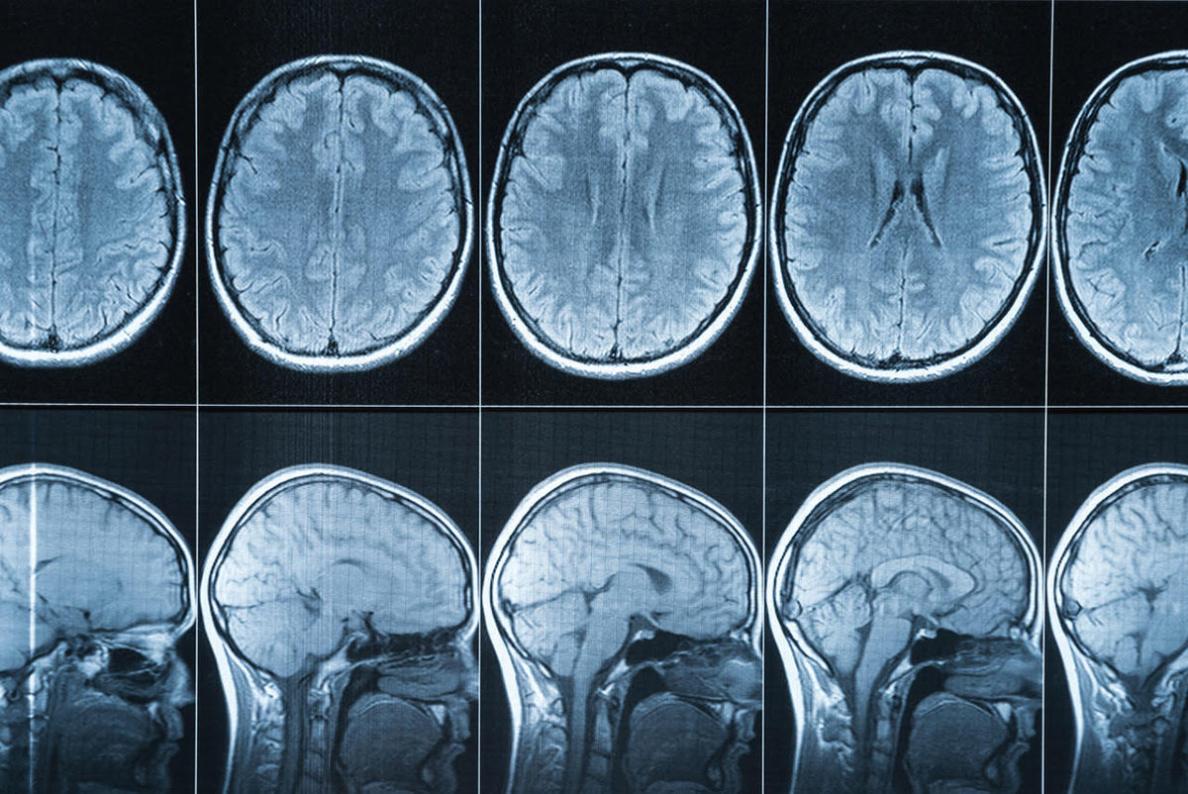What Are the Latest Research Findings on Brain Disorders?
Brain disorders are a major public health concern, affecting millions of individuals worldwide. These disorders can range from neurodegenerative diseases like Alzheimer's and Parkinson's to mental health conditions such as depression and anxiety. The impact of brain disorders on individuals, families, and society is profound, leading to cognitive impairment, functional limitations, and reduced quality of life.

Ongoing research is crucial for understanding the causes, mechanisms, and potential treatments for brain disorders. In recent years, there have been significant advancements in our knowledge of the brain and its disorders, leading to new insights and promising therapeutic approaches.
Neurodegenerative Disorders
Neurodegenerative disorders are characterized by the progressive loss of neurons and brain function. Alzheimer's disease, Parkinson's disease, and Huntington's disease are among the most common neurodegenerative disorders.
Research Findings:
- Genetic studies have identified specific genes associated with an increased risk of developing neurodegenerative disorders. These findings provide insights into the molecular mechanisms underlying these disorders and potential targets for therapeutic intervention.
- Research on the role of protein misfolding and aggregation in neurodegenerative disorders has led to the development of novel therapeutic strategies aimed at preventing or reversing these pathological processes.
- Clinical trials are evaluating the efficacy of various drugs and therapies in slowing the progression of neurodegenerative disorders and improving symptoms. These trials include studies on disease-modifying therapies, neuroprotective agents, and gene therapy approaches.
Mental Health Disorders
Mental health disorders are characterized by disturbances in mood, thinking, and behavior. Depression, anxiety, bipolar disorder, and schizophrenia are among the most common mental health disorders.
Research Findings:
- Research on the neurobiology of mental health disorders has identified alterations in brain circuits, neurotransmitter systems, and gene expression patterns. These findings provide a better understanding of the underlying mechanisms of these disorders and potential targets for treatment.
- Advances in psychotherapy and counseling techniques have improved the effectiveness of psychological interventions for mental health disorders. These therapies aim to address the underlying thoughts, emotions, and behaviors that contribute to the disorder.
- Pharmacological research has led to the development of new medications that target specific neurotransmitter systems and brain pathways involved in mental health disorders. These medications can help alleviate symptoms and improve overall functioning.
Brain Injuries

Brain injuries can result from trauma, stroke, or other medical conditions. Traumatic brain injury (TBI) and stroke are among the leading causes of disability and death worldwide.
Research Findings:
- Research on the mechanisms of brain injury has identified various factors that contribute to neuronal damage and functional impairment. These factors include inflammation, oxidative stress, and excitotoxicity.
- Clinical trials are evaluating the efficacy of neuroprotective agents, stem cell therapies, and rehabilitation interventions in improving outcomes after brain injury. These therapies aim to protect neurons, promote repair, and restore function.
- Advances in neuroimaging techniques have allowed for better visualization and characterization of brain injuries, aiding in diagnosis, prognosis, and treatment planning.
Neurodevelopmental Disorders
Neurodevelopmental disorders are characterized by impairments in brain development that occur early in life. Autism spectrum disorder (ASD), attention deficit hyperactivity disorder (ADHD), and dyslexia are among the most common neurodevelopmental disorders.
Research Findings:
- Genetic studies have identified specific genes associated with an increased risk of developing neurodevelopmental disorders. These findings provide insights into the biological underpinnings of these disorders and potential targets for intervention.
- Research on the role of environmental factors, such as prenatal exposure to toxins or maternal stress, in the development of neurodevelopmental disorders has highlighted the importance of early prevention and intervention.
- Advances in early detection and intervention strategies have improved outcomes for individuals with neurodevelopmental disorders. These strategies focus on providing targeted support and educational interventions to address the specific challenges faced by individuals with these disorders.
Brain-Computer Interfaces

Brain-computer interfaces (BCIs) are devices that allow direct communication between the brain and external devices. BCIs have the potential to restore function in individuals with brain disorders, such as paralysis or communication impairments.
Research Findings:
- Research on BCIs has demonstrated the feasibility of using brain signals to control external devices, such as robotic arms or computer cursors. These advances have opened up new possibilities for assistive technology and rehabilitation.
- Clinical trials are evaluating the efficacy of BCIs in improving functional outcomes in individuals with brain disorders. These trials aim to assess the long-term safety and effectiveness of BCI technology in real-world settings.
- Ethical considerations related to the use of BCIs, such as privacy, autonomy, and potential misuse, are being actively discussed and addressed by researchers and policymakers.
The latest research findings on brain disorders provide hope for improved understanding, diagnosis, and treatment of these debilitating conditions. Continued research and collaboration among scientists, clinicians, and policymakers are essential for advancing our knowledge and developing effective interventions to improve the lives of individuals affected by brain disorders.
Increased funding, public awareness, and support for brain disorder research are crucial to accelerate progress and bring new treatments and technologies to those in need.
YesNo

Leave a Reply